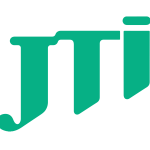
As a global organization, we had many policies in place that were supporting our DEI agenda, at the same time we were in the process to be certified by EY Global Equality Standard.
While we had a global approach for DEI, we were missing the true implementation locally, that fit our local organization’s needs and would support us in the future.
We started by focusing on inclusion and raising awareness around our own bias. In this, we were supported by the introduction of our new global culture “OurWay”, that put an enhanced focus on emphasizing with others and creating a safe space.
We introduced the Virtual Reality „Men in Business – In the Body of a Woman“ experience through Advance to our senior leadership team first, followed by our mid managers. This year, we are offering this experience on a voluntary basis to whoever wants to sign up and learn more about unconscious bias. In addition to the VR experience, we also had a comprehensive DEI plan with different sessions and training.
We have started observing better conversations between managers when discussing team members. Managers are increasingly valuing different perspectives, which has led to more balanced performance reviews and a more inclusive approach to recruitment.
This shift has resulted in increased positive feedback in our employee engagement survey, with significant improvements in scores related to inclusive management. These higher scores are a positive sign of progress across the organization.
This Best Practice was first published in the Gender Intelligence Report 2024.
Fostering inclusion through our new JTI culture and a comprehensive Diversity, Equity, and Inclusion (DEI) strategy came with both rewards and challenges. The foremost goal was to gain the buy-in of our local leadership team. In the past, employees often felt that leaders didn’t effectively hold themselves accountable for DEI initiatives. To overcome this, we started to connect DEI strategies to business goals, our company values and behaviors, emphasizing how they contribute to overall success.
Involving stakeholders in our DEI aspiration was and remains a challenge to some degree. For meaningful involvement into the JTI DEI agenda, it is key to ensure diverse perspectives are considered during the planning process (i.e. Employee Resource Groups, ERGs) while moving beyond superficial measures, embedding DEI into the organization’s DNA. We continue to encourage cross-cultural competencies and engage every employee in DEI efforts to foster a true sense of belonging.
Our DEI strategy aims to create a more inclusive workplace by promoting diversity, equity, and belonging. Continued awareness of our DEI agenda and relevance to JTI Switzerland is key to building a strong foundation for our programs. Ultimately, we are seeking to increase representation at JTI of underrepresented groups (such as women, LGBTQ+ individuals, people with disabilities & people of color) at all levels – from hiring to promoting and to leadership positions. Implementing fair policies and practices is crucial, as well as addressing pay gaps, ensuring unbiased performance evaluations, and providing equal opportunities for career advancement. Developing inclusive leadership skills is essential. Leaders are trained to actively listen, value diverse perspectives, and bring out the best in our people. Respect and understanding are fostered via training, workshops, and resources to promote empathy across diverse backgrounds.
Our DEI initiatives are centered around health & wellbeing, unconscious bias awareness, gender equality and our DEI ERG. We have increased our focus on the physical and mental health of our employees by giving access to wellness programs, mental health resources, and promoting work-life balance. We have also been offering employees the possibility to be certified as a Mental Health First Aider.
We actively address unconscious biases that affect decision-making. Regular training (inclusive recruitment for line managers), work sessions and awareness programs (Dr. Laura Wunsch – The Neuroscience of Bias) help employees recognize and mitigate biases, promoting fair treatment and equal opportunities. Our commitment to gender equality involves promoting equal pay, representation, and career advancement for all genders. We strive to create an inclusive workplace where everyone’s contributions are valued equally so this year, we are rolling out psychological safety training for all line managers.
“At JTI, our competitive environment requires us to bring out the best in our people and to provide an environment where people can thrive. We are creating a culture of belonging and equity by partnering with Advance and bringing the VR experience to our people managers. This has been a great way to ignite a dialogue between people to support a culture of inclusion.”
Bernadett Sumegi (People & Culture Director)
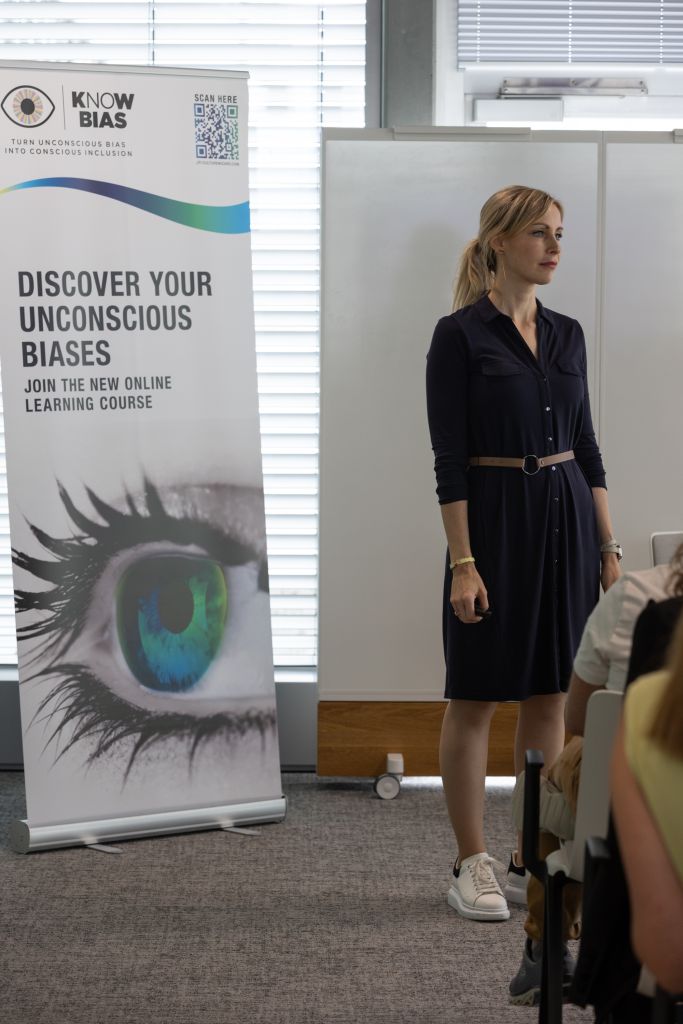
Dr. Laura Wunsch – Neuroscience consulting – Bias Day Inclusive Recruitment.
We have experienced positive momentum in our annual Employee Engagement Surveys, particularly in the areas of wellbeing, purpose, and inclusivity. This progress can be attributed to several key factors.
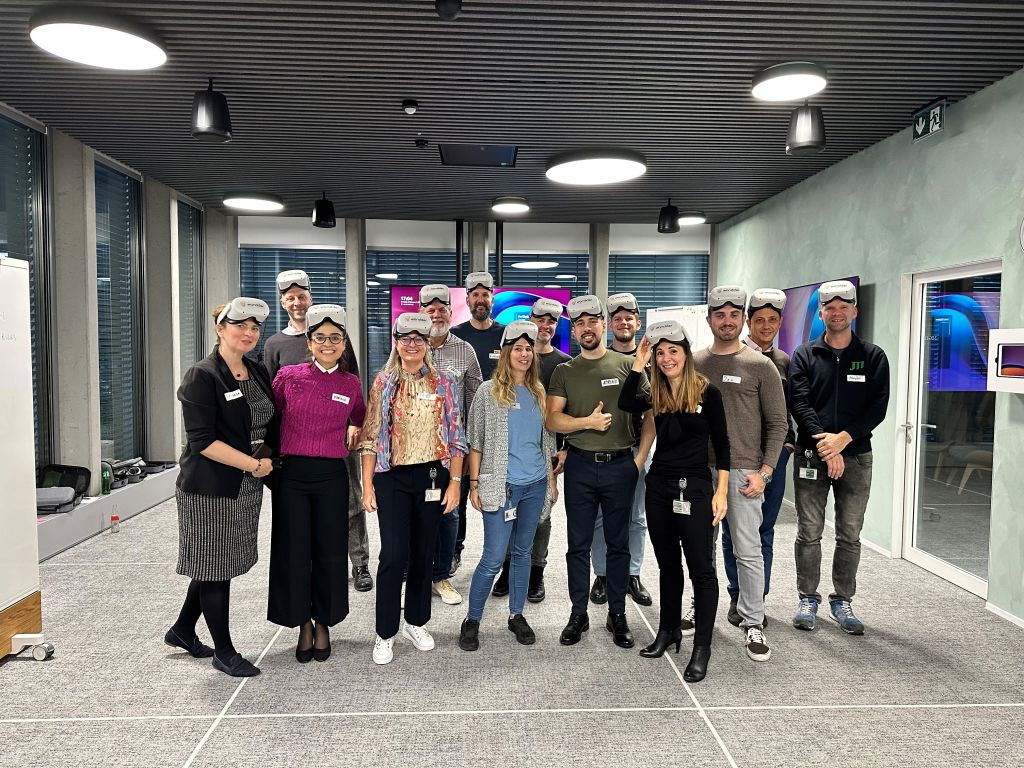
Advance Virtual Reality experience: „Men in Business – in the Body of a Woman“.
For more information about this Best Practice, reach out to the authors:
Bernadett Sumegi
People & Culture Director
Bernadett.Sumegi@jti.com

Stefan Suter
People & Culture Business Partner
Stefan.Suter@jti.com

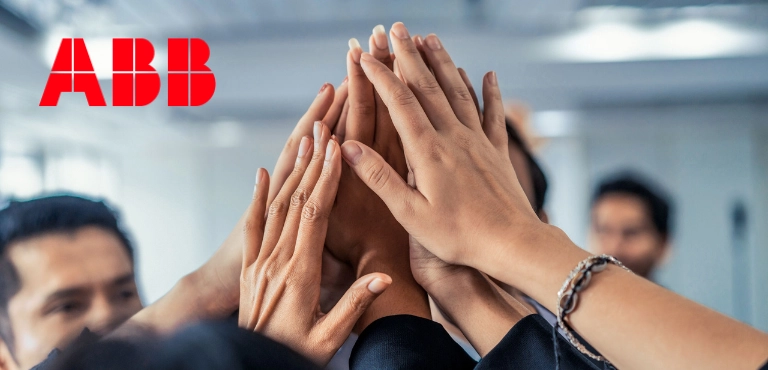
ABB Switzerland is transitioning from traditional “Disability Management” to a strength-based “Ability Management” approach in health promotion. The company aims to significantly reduce absenteeism. Related targets will be integrated into leadership performance assessments. Through initiatives like the Icebreaker campaign, which encourages open dialogue about mental health challenges, ABB has already achieved measurable improvements in psychological safety and employees’ sense of belonging.

Swiss Re launched the Career Returnees initiative in July 2024 to tap into the underutilized talent pool of professionals returning to work after career breaks, recognizing that traditional recruitment often overlooks this experienced group. The program is built on four pillars: open positions for returnees, equal pay for equal work, development opportunities and flexible work options, with explicit career returnee advertising, internal awareness and a manager support toolkit, and external outreach campaigns. Since launch, the initiative has welcomed over 62 employees across 12 countries, with 92% onboarding satisfaction and 82% upskilling satisfaction, demonstrating that career breaks occur across all genders and career stages while returnees integrate quickly and deliver effectively.
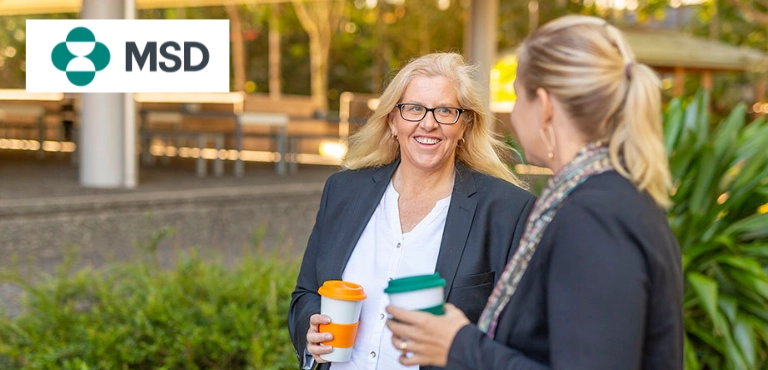
MSD Switzerland implemented a Global Job Policy in 2024 requiring all roles to be posted and introduced a structured selection processes with panel interviews to address inconsistent recruitment practices and employee concerns about unequal opportunities. The company developed competency frameworks, behavioral interview techniques, and neurodiversity-accessible assessments to counter unconscious bias and ensure fair candidate evaluation. These inclusive recruitment practices have increased diversity in hiring decisions, improved employee engagement scores, and strengthened organizational culture with better business outcomes.

dsm-firmenich launched the Mental Fitness Champions (MFC) initiative following a merger to support employee well-being during organizational transformation, training colleagues to listen to and support peers. The Global Vitality Office partnered with HSE Global to deliver a customized 7-hour peer support program based on a Canadian Armed Forces framework, training internal instructors and offering courses in six languages across 36 countries. Since launching in April 2024, the initiative has engaged 500+ colleagues in 60+ courses, with 95 certified champions in Switzerland alone, creating a peer-support network that promotes psychological safety, reduces mental health stigma, and fosters an inclusive workplace culture.
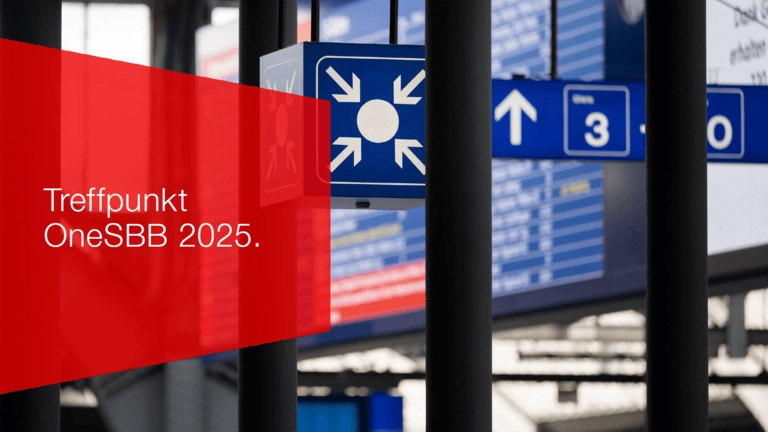
SBB established "OneSBB Meeting Points" as leadership dialogues focusing on "Value Diversity Respectfully," where around 1,000 leaders voluntarily participate in groups of 30 to discuss diversity, unconscious biases, and inclusion through peer-to-peer learning. The initiative runs from April to October 2025, featuring discussions led by top executives covering individual perspectives (bias awareness), team perspectives (case studies), and organizational benefits of diversity and inclusion. The program aims to enhance leaders' reflective abilities, foster empathy, reduce discrimination, and develop skills in conflict resolution and leading diverse teams, with outcomes evaluated through participant feedback.

Alpiq launched a leadership transformation program centered on "Secure Base Leadership" to drive cultural change in the volatile global energy market, where culture serves as a key competitive advantage. Starting with the Executive Board and cascading through the organization, the program focuses on Care, Dare, and Share philosophy, training internal ambassadors as IMD-certified coaches to foster inclusive leadership, psychological safety, and diverse perspectives. The initiative has already trained one-third of Alpiq's workforce, resulting in significant improvements including NPS scores rising from +1 in 2022 to +42 by 2024, Great Place to Work certification across all locations, and inclusivity questions ranking in the top 5 survey results.

Job sharing was introduced at Nestlé Switzerland in 2020, and after some initial challenges in factories, it was successfully implemented at Nestlé Waters Switzerland in May 2023. This initiative helped retain a valuable engineer by offering a reduced activity rate. It resulted in the company's first job-sharing arrangement in a factory setting with two engineers working at 60% capacity each. The positive outcomes have led to more job sharing pairs in factories across Switzerland, with a focus on continuous improvement and flexibility.
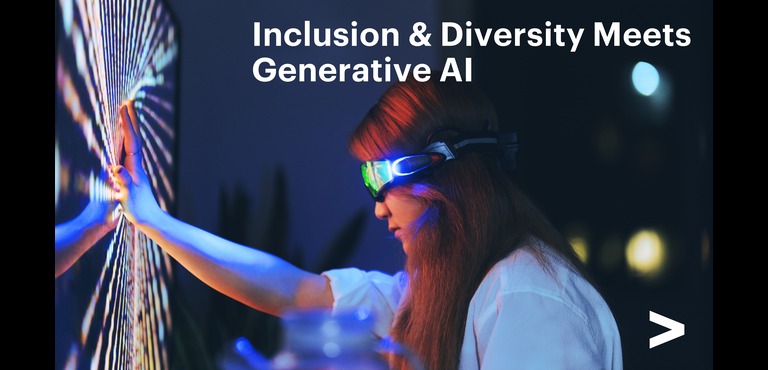
Generative AI (GenAI) is becoming increasingly integrated into our daily work, but with its use comes exposure to inherent biases. To address this, Accenture brought together experts from GenAI and inclusion to discuss these issues, focusing on promoting inclusivity through thought leadership and responsible AI frameworks. This collaborative approach aims to ensure GenAI is used responsibly and fairly, leveraging progressive governance to adapt to rapidly evolving technology.
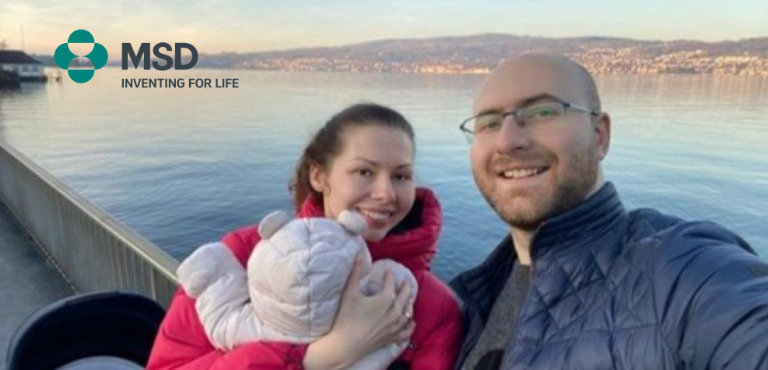
The new parental leave policy offers 16 weeks of fully paid leave to all employees regardless of gender, supporting natural, adoptive, same/opposite sex partners, and single parents. The policy has been well-received by employees, fostering equity and inclusion, supporting the transition to parenthood, and contributing to improved retention and engagement.

Unlock financial savviness with Zurich Insurance as they empower women to enhance their financial knowledge and skills. Explore the WIN Financial Awareness Program, fostering a supportive community and providing personalized services to boost financial confidence.

Experience KPMG's commitment to empowering employees through flexibility and work-life integration. Discover their diverse initiatives challenging traditional norms and supporting new parents, fostering a thriving workplace for all.
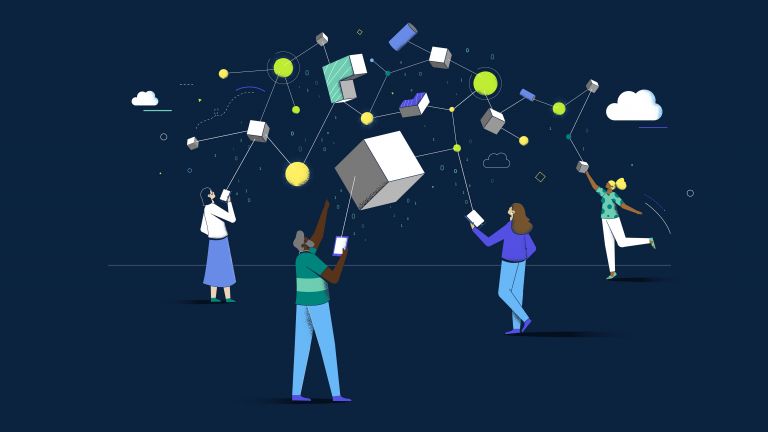
Involving employees pays off - learn what happens when the entire workforce sets the agenda for gender parity.